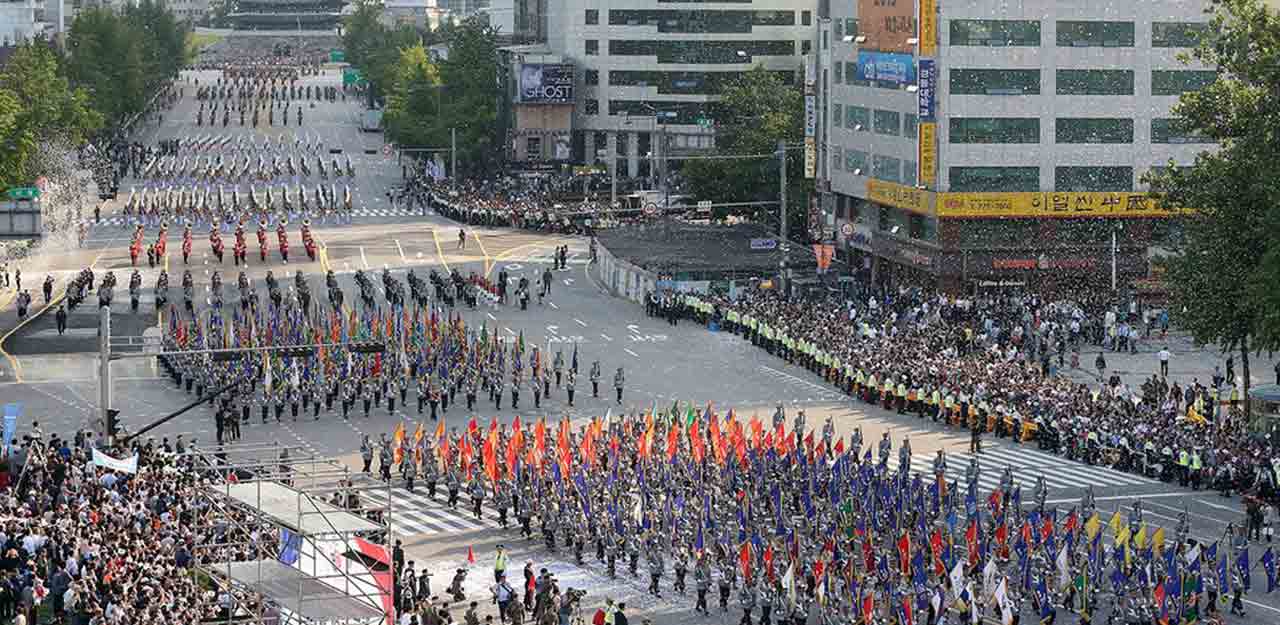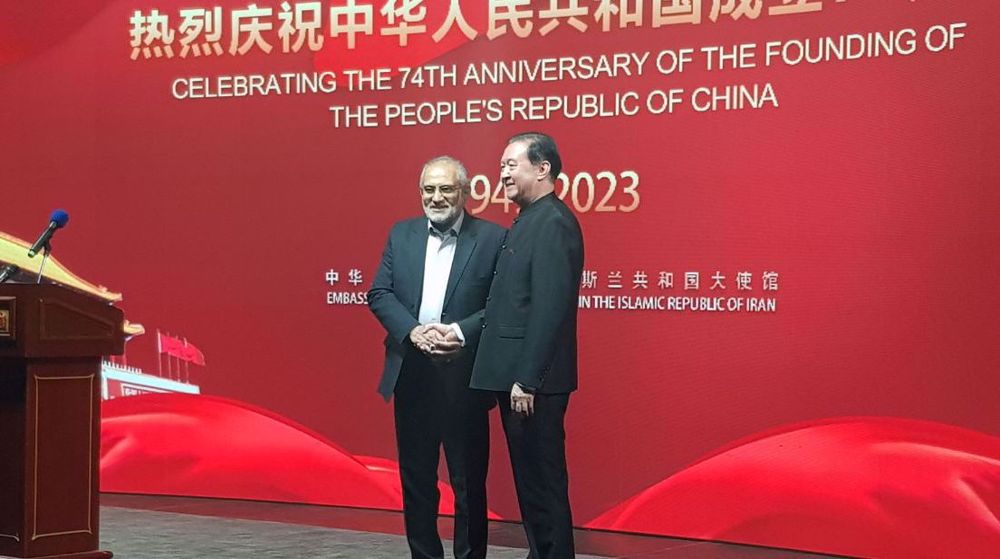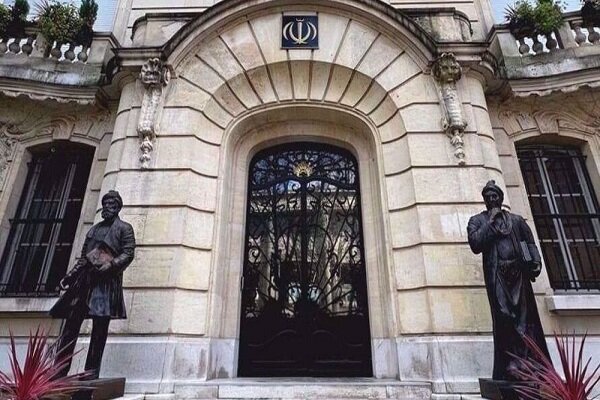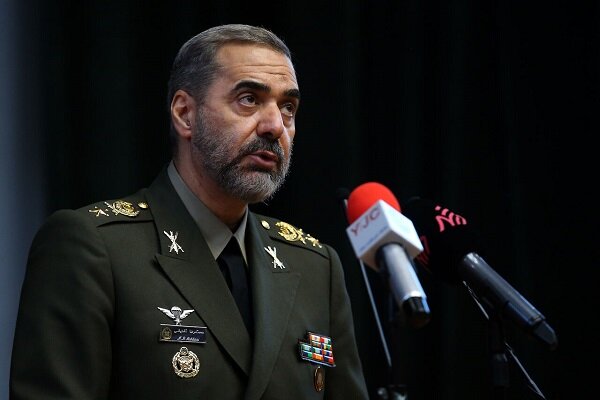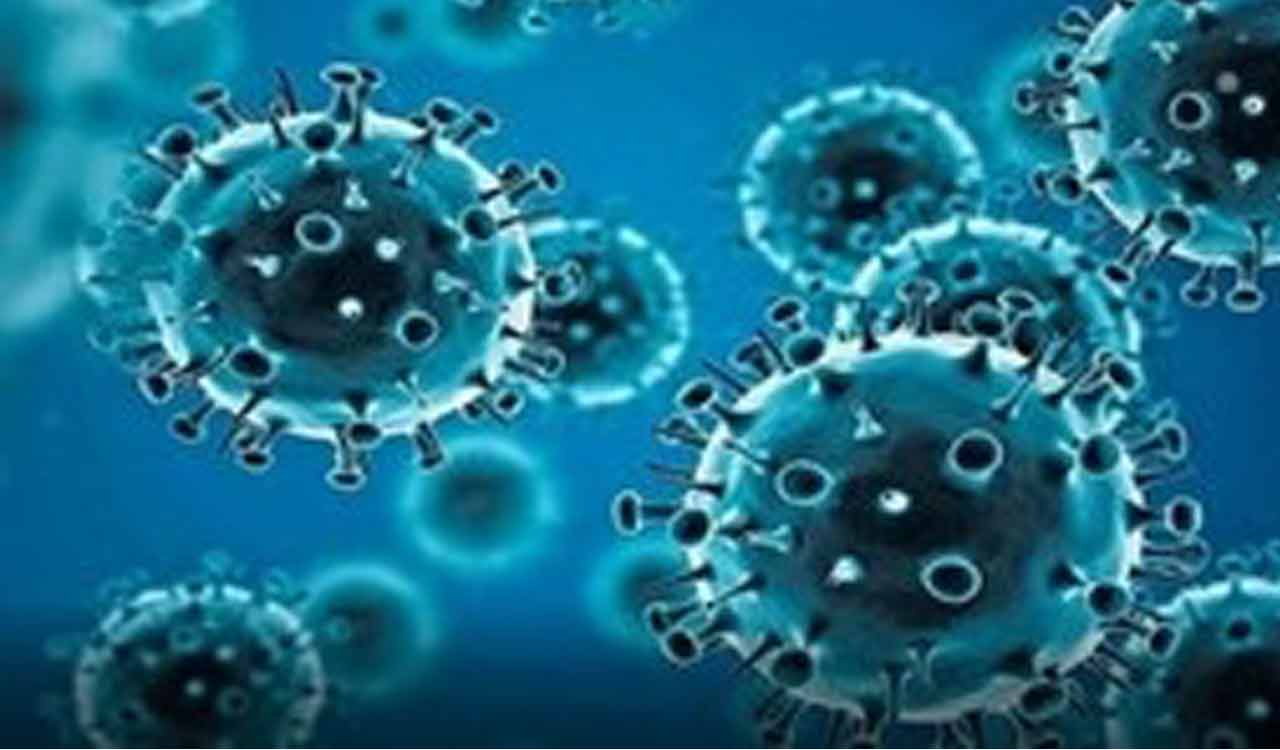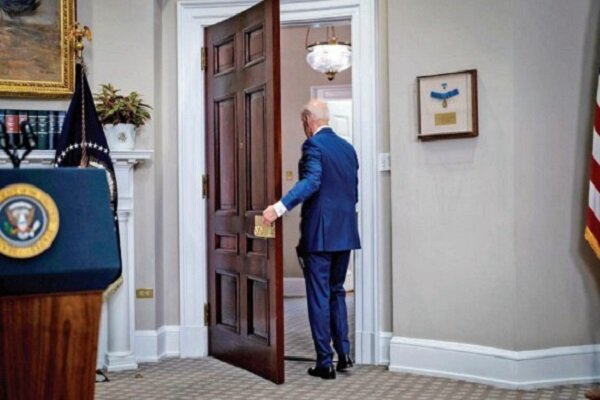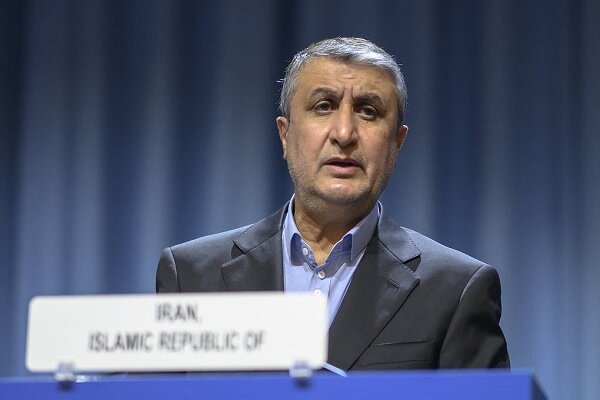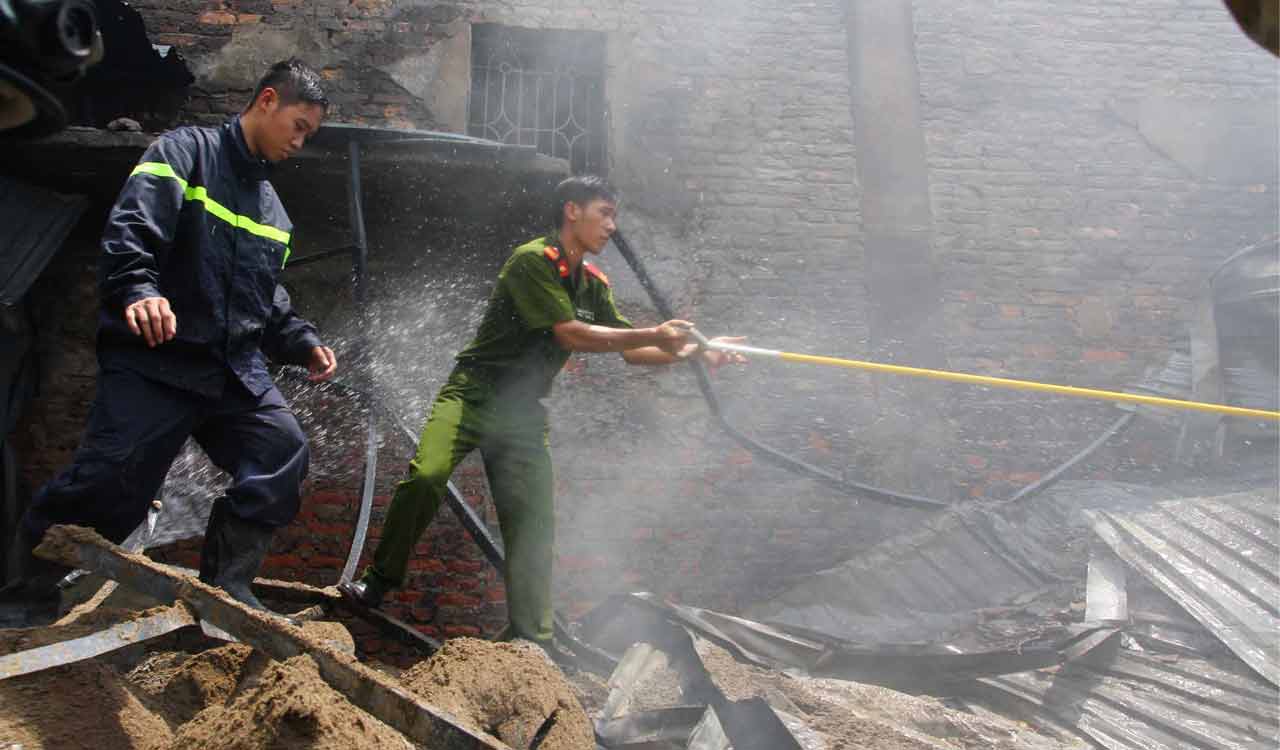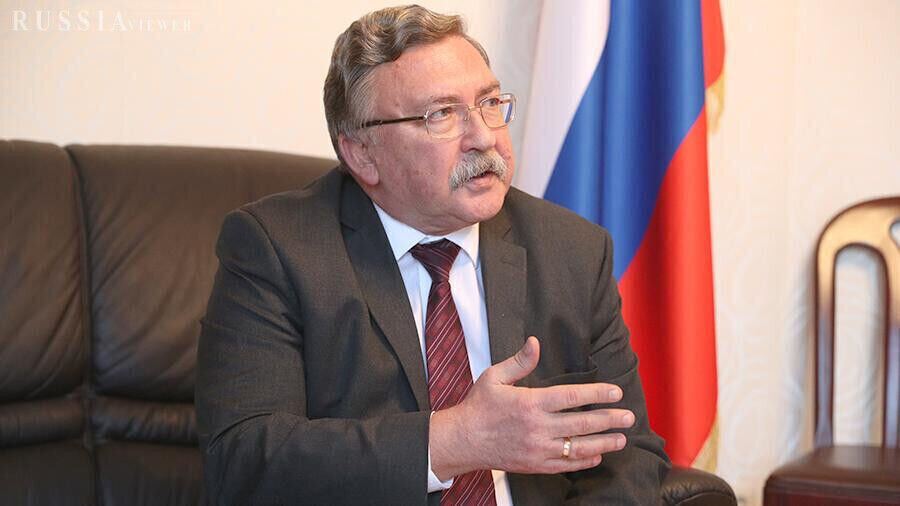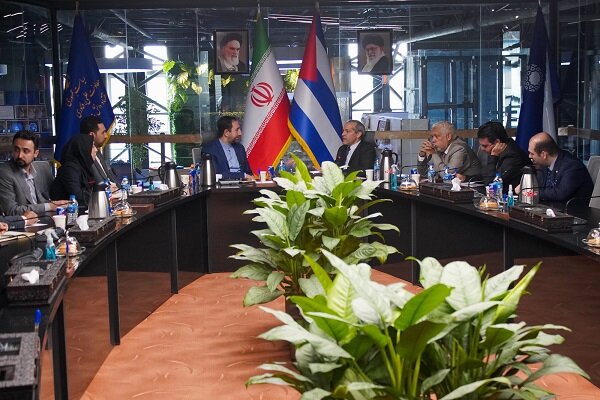Developing the comprehensive strategic partnership is a “historic choice” made by China and Iran as two ancient civilizations in East Asia and West Asia, Chinese ambassador Chang Hua said at a ceremony in Tehran on Tuesday to mark the 74th National Day of the People’s Republic of China.
He said the two countries as all-weather allies share a “long-standing friendship.”
“More than two thousand years ago, the two countries created economic prosperity and strengthened mutual exchanges through the ancient Silk Road,” he said in his remarks.
“Over the past 50 years since the establishment of diplomatic relations, no matter how the international and regional situation changes, China and Iran have always supported each other, worked together in unity, and their bilateral relations have continued to deepen and grow, promoting steady progress in practical cooperation and safeguarding common interests and international fairness and justice.”
National Day of the People’s Republic of China is a public holiday in China that commemorates Mao Zedong’s formal proclamation of the establishment of the People’s Republic of China on 1 October 1949.
At an impressive ceremony attended by senior Iranian government officials and foreign dignitaries, the Chinese ambassador said the China-Iran friendship is “writing a new chapter.”
“President Xi Jinping emphasizes that China has always viewed and developed relations with Iran from a strategic perspective. Since the two countries established the comprehensive strategic partnership in 2016, the political mutual trust between China and Iran has been increasingly consolidated and mutually beneficial cooperation has been continuously strengthened,” he stated.
Referring to President Ebrahim Raeisi’s historic visit to Beijing in February, Chang said during the visit the two heads of state reached a “new important consensus on bilateral cooperation” and signed a number of cooperation documents that drew up a “new blueprint for bilateral relations.”
“In August, the two heads of state met again on the sidelines of the BRICS summit, fully affirming the implementation works of various departments, and charting the course for achieving more results in the China-Iran comprehensive strategic partnership,” he added.
He congratulated Iran’s full membership in the Shanghai Cooperation Organization (SCO) and an invitation to join the BRICS and voiced China’s readiness to “strengthen communication and coordination with Iran” on multilateral platforms such as the United Nations, the SCO and the BRICS, “to practice true multilateralism, maintain and promote peace and stability in the Middle East, defend the basic norms governing international relations and the international order, and safeguard the common interests of developing countries.”
“Nothing, not even mountains and sea, can separate people with the same goals and vision. Although thousands of miles apart, China and Iran met, knew and learned from each other along the ancient Silk Road thousands of years ago, creating rich and splendid cultures respectively through friendly exchanges,” Chang said.
“Nowadays, Iran is also an important partner in building the new Belt and Road. China is ready to join hands with Iran to renew the Silk Road spirit and create an ever better future for China-Iran relations.”
He also hailed China’s steady progress over the past 74 years “from a weak and poor country to a prosperous” country with its “economic aggregate grown 175 times”, to become the world’s second-largest economy.
“China has transformed from a backward agricultural country into the largest manufacturing power in the world, and has become the only country in the world to obtain all the industrial categories listed in the United Nations industrial classification,” he remarked.
Seyyed Mohammad Hosseini, Iran’s vice president for parliamentary affairs, was the guest of honor during the ceremony to mark the 74th National Day of the People’s Republic of China.
In his speech, Hosseini said Iran views the People’s Republic of China and its accomplishments with “respect,” which are a “product of several decades of efforts, experience and scrutiny” and also “venerates the independent and national approach of China in its development that while protecting its historical identity, considers the human common objectives as a basis for cooperation and interaction in the international arenas.”
“The Islamic Republic of Iran also appreciates the scientific and technological advancements of China that bring significant outcomes for all. The People’s Republic of China has now become one of the most important, greatest, and influential countries in the world in the areas of economy, politics, science, and technology, and has a bright perspective to continue the path of development and national welfare,” Iran’s vice president said.
He said Iran has always “emphasized the independence and national dignity, and devices and implements its own national model of development and prosperity, stands ready to further strengthen its mutual bonds with China and to identify and pursue common interests and objectives as a foundation for close cooperation on bilateral, regional, and international dimensions”, adding that “significant leaps have occurred in Iran-China relations in recent years.”
“The unwavering will of the leaders of the two countries as well as the operational programs which are being prepared to enhance the level of relations would promise a bright future in the cooperation of the two countries. The two parties have constantly stressed that strengthening of bilateral relations, regardless of international developments, is on their foreign policy agenda,” Hosseini noted.
“Iran and China, as the two leading and historical civilizations in the West and East Asia, seek collective development and security. Continuously supporting each other’s vital interests, territorial integrity, and independence, the two countries have warned all about the reality that security, development, and welfare are the collective objectives and the human common values that can only be achieved and continued through shared and collective efforts,” he hastened to add.
